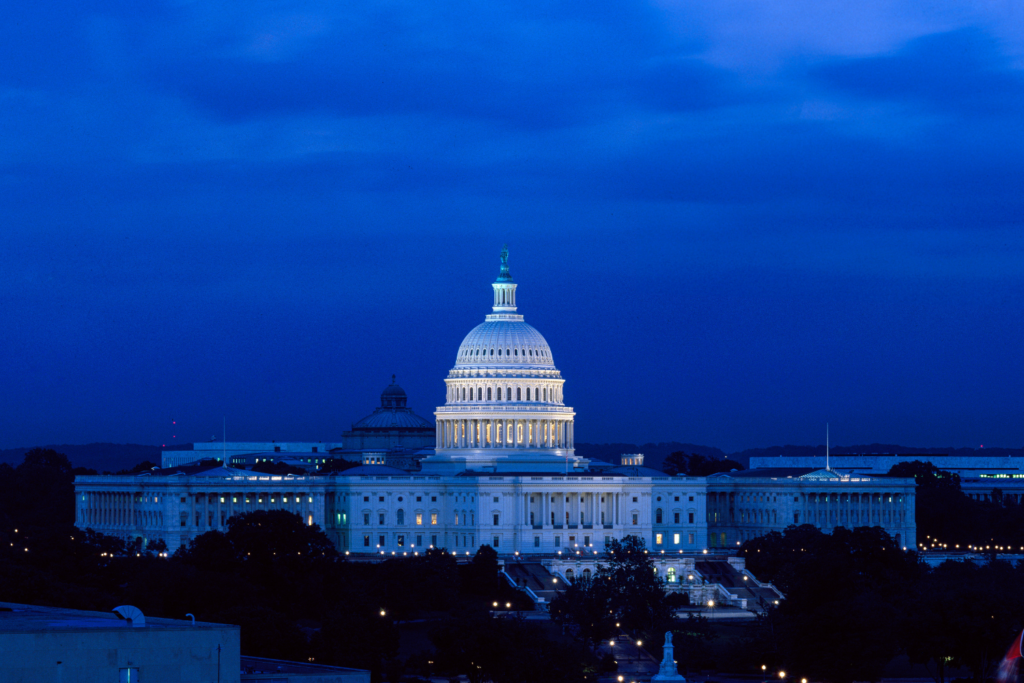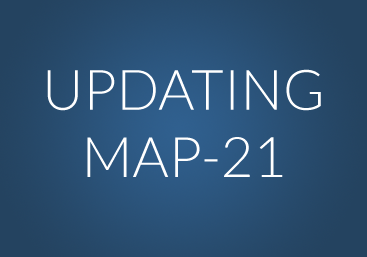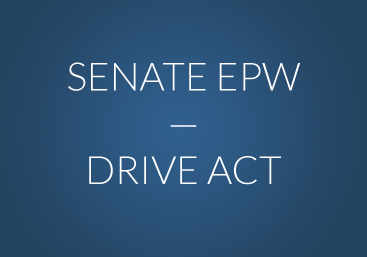
Three changes could dramatically improve the Senate’s draft transportation bill

Ahead of the looming July 31 deadline to pass a new bill (or extend the current law), the Senate Environment and Public Works Committee in late June introduced and marked up a full six-year transportation bill. While we think it’s a good starting point, there are some promising amendments that could improve the bill dramatically as it goes forward in the Senate.
Mayors and other local elected leaders are the ones who face the music from citizens when bridges need repair, when mounting congestion makes commutes unpredictable, and when families can’t safely walk their kids to school — yet those same leaders are too often left out of the discussions over what gets built and where.
Giving local communities of all sizes the resources they need to realize their ambitious plans to stay economically competitive should be a primary goal of this bill, and several Senators have prepared several amendments to help change that.
Several of these were discussed or offered and withdrawn during the markup, and will hopefully be debated on the floor of the Senate.
First, Senators Wicker (R-MS) and Booker (D-NJ) are offering their Innovation in Surface Transportation Act as an amendment, to create a competitive grant program in each state to give local communities more access to federal funds — but only for the smartest, most innovative projects judged on their merits. A second amendment from Senators Booker and Wicker would increase the amount of flexible transportation dollars directly provided to local communities by ten percent of the program’s share.
Lastly, an amendment from Senator Cardin (D-MD) would increase funding for the program that cities, towns and regions use to invest in projects to make biking and walking safer — restoring the Transportation Alternatives Program to its previous funding level before being slashed in the last reauthorization in 2012.
With a new competitive grant program for local projects in each state, more communities could find success like Normal, IL, found with its Uptown Station. Normal used a grant from the competitive national TIGER program to complete the funding picture for a multimodal station and central plaza that brought new life and economic activity to its town’s core. But the TIGER program is one of the only ways local communities can directly access federal funds, and it’s wildly oversubscribed.
Though the bill has cleared committee, it will still have to be considered in the full Senate, so we need all Senators to hear your support for these amendments. Don’t delay — send a message to your Senators and urge them to support these key amendments to improve this bill.
Logged-in members can read our full summary of the EPW bill below.
[member_content] June 24, 2015 — The Senate Environment and Public Works Committee (EPW) released its six-year MAP-21 reauthorization proposal on June 22, 2015. The DRIVE Act is a start, but needs much more work to reform — and reinvigorate — the federal transportation program in ways that will boost today’s economy and ensure future prosperity. This memo provides an overview of the key provisions included in the proposal, as well as funding levels for key programs.
June 24, 2015 — The Senate Environment and Public Works Committee (EPW) released its six-year MAP-21 reauthorization proposal on June 22, 2015. The DRIVE Act is a start, but needs much more work to reform — and reinvigorate — the federal transportation program in ways that will boost today’s economy and ensure future prosperity. This memo provides an overview of the key provisions included in the proposal, as well as funding levels for key programs.
Read the full members-only memo here.[/member_content]



